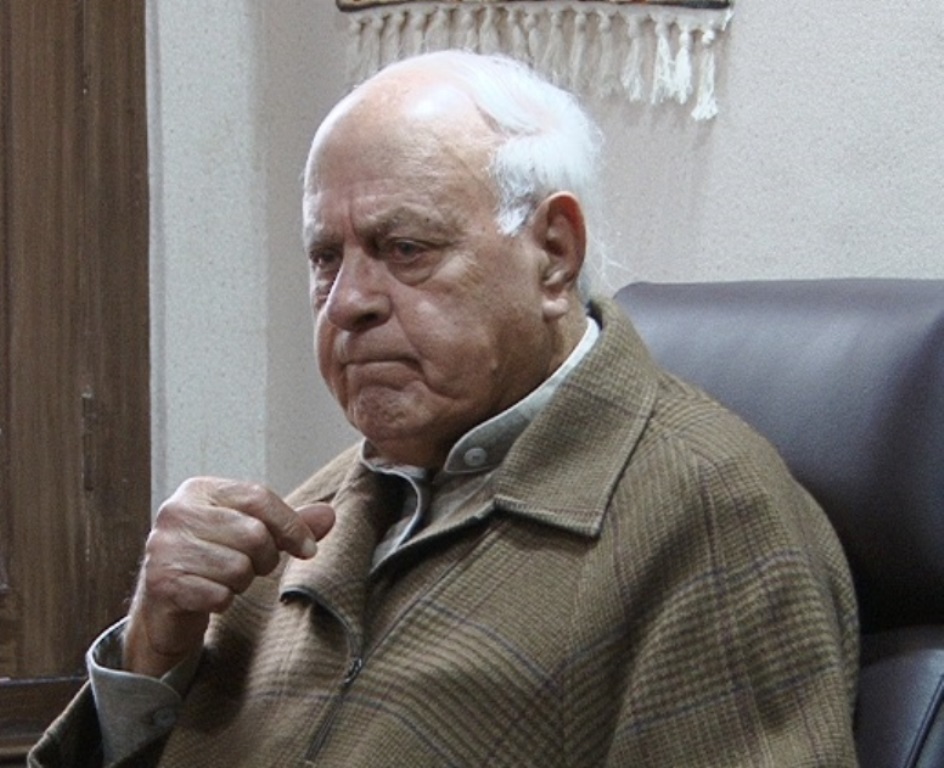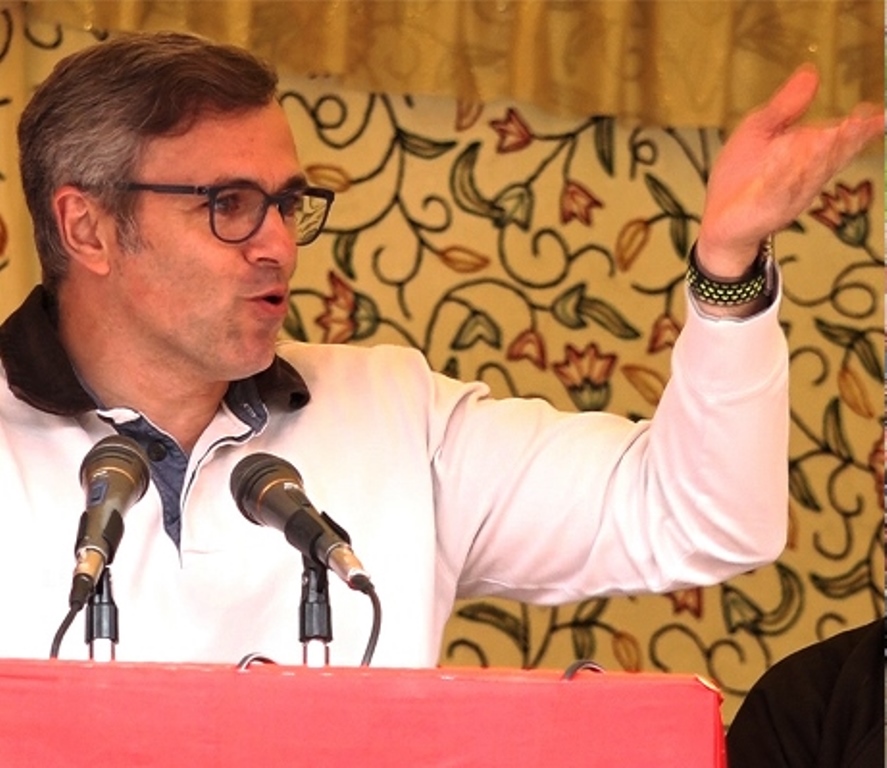SRINAGAR: In a landmark verdict, the Supreme Court delivered a ruling that resonated across educational circles and policy discussions. In Devesh Sharma versus Union of India, the top court ruled that BEd degree holders are not eligible for teaching the students at the elementary level, legal website LiveLaw reported.
The division bench comprising justices Aniruddha Bose and Sudhanshu Dhulia actually upheld the verdict issued by the Rajasthan High Court.
The legal saga began with a 2018 notification from the National Council for Teacher Education (NCTE), which granted BEd candidates the eligibility to assume roles as primary school teachers. This notification, however, was met with scepticism and challenge. The Bench eventually upheld a Rajasthan High Court’s decision to annul the NCTE’s notification.
The Supreme Court’s ruling stood firm on the premise that a BEd qualification did not inherently qualify someone to educate children at the primary level, encompassing classes from first to fifth class. The judges observed that the decision to include BEd as a requisite for primary school teachers appeared arbitrary, lacking a clear nexus with the overarching objective of the Right to Education Act – to provide children not just free and compulsory education, but education of high quality.
Emphasising the fundamental nature of elementary education, as enshrined in Article 21A of the Constitution, the Court elucidated that compromising on the quality of education could undermine the very essence of the right to education. The judgment stressed the vital role of well-qualified teachers in delivering quality education, asserting that a teacher’s qualifications could not be compromised without compromising education quality itself.
The case also pivoted around the distinction between a Bachelor of Education and a Diploma in Elementary Education (DElEd). The NCTE had established that DElEd was the appropriate qualification for primary school teachers, as it was designed to equip educators with the pedagogical skills required to teach young students effectively. In contrast, BEd primarily focused on secondary and higher secondary education levels. The Court concurred with this distinction and underscored that BEd and DElEd qualifications could not be equated.
Besides, the Court scrutinised the foundation of the NCTE’s decision. It was revealed that the decision to allow BEd candidates to teach primary classes was not an independent directive of the NCTE but rather a response to a communication from the Central government. This communication stemmed from concerns over a shortage of candidates for primary teacher positions. The Court recognised that “policy decisions” from the Central government held considerable sway over the NCTE’s actions, yet it asserted that such decisions must not be arbitrary or irrational.















